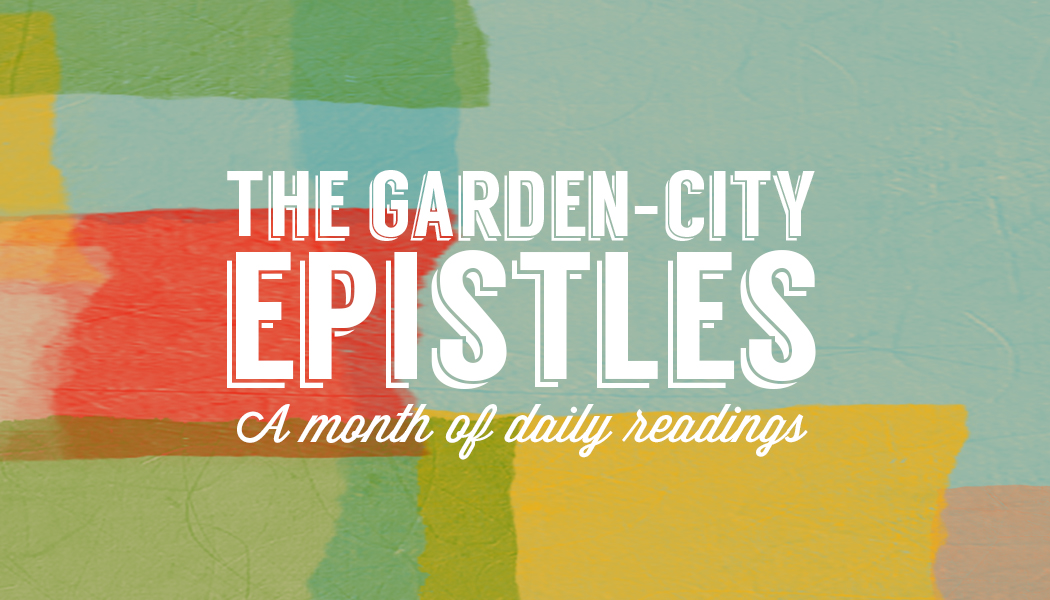This letter is for my friend Kurt Hoffman, a man broiling with great ideas and noble desires.
Do you remember that old Bill Murray movie, Groundhog Day? About the guy who wakes up every morning to relive the same day? For years? Until he’s finally able to win over the heart of the woman he loves?
Sometimes I think you must feel that way, like you’re always beginning again. Every time you move, every time you change houses, every time you get a new job, it must feel like Groundhog Day.
People who have never had to start over might idealize beginnings. But beginnings are hard. Starting over can be brutal. You don’t have any of your social resources—your contacts, your friends, your support group; you’re without family, without familiarity, without a sense of who you are and what you’ve accomplished.
That was Cain’s curse—Groundhog Day.
After Adam and Eve were expelled from Eden they had two sons, Cain and Abel. Abel picked up the mantle of God’s work to perpetuate Creation.[1] Cain did not. Cain became jealous and killed his brother,[2] and for this he was sent east of Eden as a “fugitive and a wanderer on the earth.”[3]
In the biblical literature, east is always the place of beginnings, and Cain is forever found in a place of beginning over and over again—wanting to get somewhere, but unable to get anywhere because he makes his home in the beginning place. Beginning-places are for leaving. They’re where we’re from as we go. Cain is stuck in a perpetual beginning: Groundhog Day.
Cain’s home was the land of Nod, literally a place that is no-place, called “the land of wandering.” It is less a place than the lack of a place, the opposite of Eden. Cain no longer has a home because “murder destroys the home, and a man without a home is condemned to death.”[4]
I think you know what it’s like to feel as though you’re always wandering, always wondering if you can get back to a place where you feel rooted, safe, and at home. Cain turns his eye and his desire toward Eden, toward Paradise lost, ever-mindful of the fact that he has forfeited the only thing that could bring him happiness: God’s presence. You never turned away from God’s presence, but I think you feel adrift regardless. Like Cain, you feel like you’re condemned to a perpetual search for meaning, significance, and love.
But you’re not.
You have not been condemned.
You have been justified,[5] adopted,[6] and called righteous by the only Judge who matters.[7]
“Cain wanted nothing to do with the God in whom he did not believe, and his very condition keeps him from ever finding God. Whatever Cain does, he cannot succeed, and that is the hopelessness of it all.”[8]
You, however, ought to be brimming with hope. You don’t have to search for God; he has found you already.
[1] Genesis 4.2-4.
[2] Genesis 4.8.
[3] Genesis 4.12.
[4] Jacques Ellul, The Meaning of the City (Vancouver: Regent College Bookstore, 1993), 2.
[5] Romans 5.1.
[6] Ephesians 1.5.
[7] Psalm 34.15.
[8] Ellul, The Meaning of the City, 4.
fossores
Related posts
Categories
Category Cloud
Tag Cloud
Recent Posts
- Victors and Victims November 6, 2018
- 3 Hacks for Happiness October 29, 2018
- Hope Against Death September 20, 2018
- The Shape Of The Cross September 19, 2018


